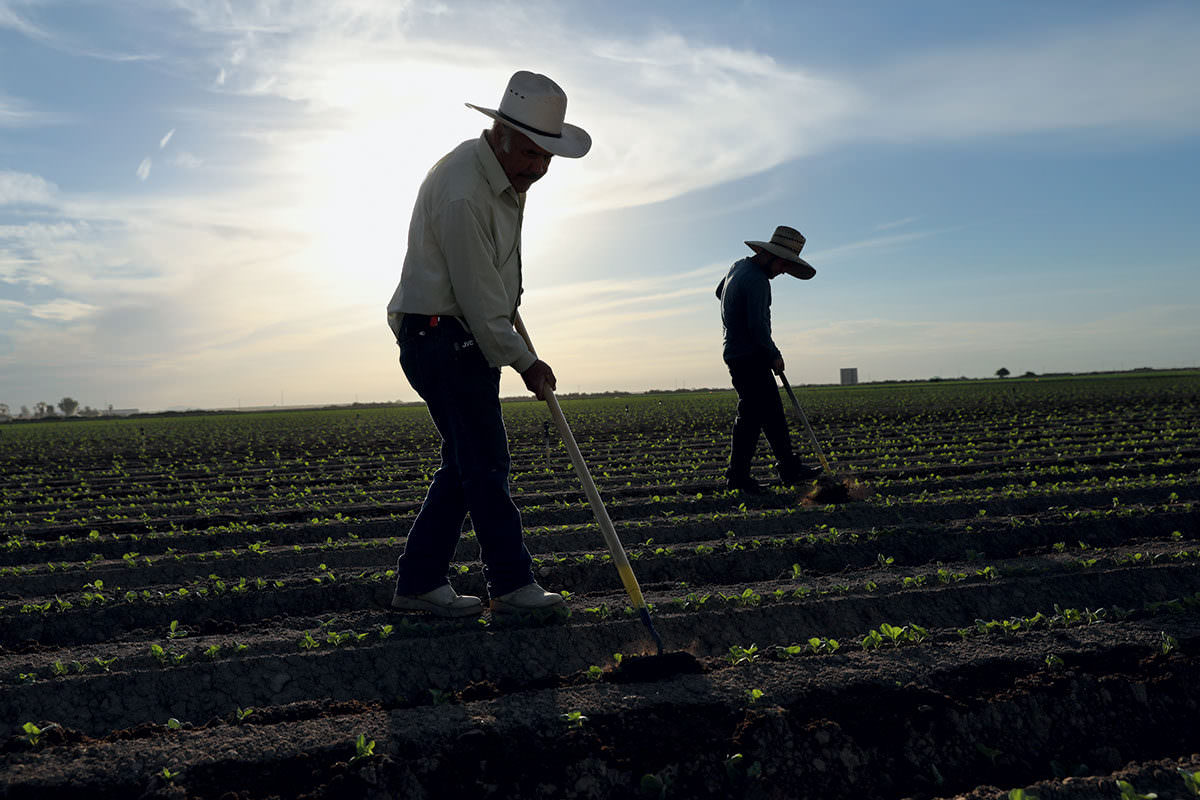In a 6-3 decision, the United States Supreme Court sided with two California farming outfits who argued that a California agricultural regulation requiring union organizers to have access to facilities to recruit and educate workers constituted a violation of the Fifth Amendment.
A decision, penned by Chief Justice John Roberts, sided with Fresno County-based Fowler Packing and Northern California-based Cedar Point Nursery over the California Agricultural Labor Relations Board, the principal regulator of farm labor in the Golden State.
Roberts was joined by Justices Samuel Alito, Clarence Thomas, Brett Kavanaugh, and Amy Coney Barrett.
Justices Stephen Breyer, Elena Kagan, and Sonia Sotomayor dissented.
“I think it’s the first step of a long journey of restoring balance to the Agricultural Labor Relations Act,” Howard Sagaser, a Fresno attorney representing Cedar Point and Fowler Packing in the landmark case, told The Sun. “As far as California agriculture, I think that it means that elections can be conducted more fairly without having union organizers coming onto their property.”
The case, Cedar Point Nursery v. Hassid, stemmed from two altercations at both agriculture businesses in 2015 with United Farm Workers activists.
UFW allegedly “tried to storm” Fowler Packing for three straight days, while union organizers “stormed” Cedar Point Nursery one morning and disrupted operations.
Union organizers had the right to enter a business’s property under the state’s “access rule,” as set forth under the 1975 Agricultural Labor Relations Act.
Under that rule, union organizers could visit worksites for up to 120 days per year, three hours per day to discuss unionization with employees.
With the Supreme Court ruling that the access rule is unconstitutional, Sagaser noted that this is a victory for property owners.
“I think Justice Roberts wrote a very well-reasoned opinion,” Sagaser said. “I think what should not be lost on people right now is that not only are property rights under attack, but individual rights of privacy have been under attack. I think that it’s important for people to realize that these rights are precious and we need to be vigilant in protecting not only property rights but rights of privacy.”
In his decision, Roberts called back to the Founders and the Takings Clause of the Fifth Amendment, which prohibits private property from being taken for public use without just compensation.
“The Founders recognized that the protection of private property is indispensable to the promotion of individual freedom,” Roberts Wrote. “As John Adams tersely put it, ‘[p]roperty must be secured, or liberty cannot exist.’”
Roberts wrote that California’s access rule constitutes a per se physical taking by allowing union organizers to physically enter the growers’ land.
“Rather than restraining the growers’ use of their own property, the regulation appropriates for the enjoyment of third parties the owners’ right to exclude,” Roberts wrote.
In dissent, Justice Stephen Breyer argued that the rule did not constitute a per se physical taking. Rather, it was a regulation instead of an appropriation.
“[T]he provision only awkwardly fits the terms ‘physical taking’ and ‘physical appropriation.’ The ‘access’ that it grants union organizers does not amount to any traditional property interest in land,” Breyer wrote.
Sagaser was not surprised to see Breyer joined in dissent by the Court’s other two liberal Justices.
“One always hopes for a unanimous decision, but realistically I think the dissent was along ideological grounds and not necessarily Constitutional grounds,” Sagaser said.
Sagaser also credited the Pacific Legal Foundation (PLF), his co-counsel, for their work on the case.
PLF senior attorney Joshua Thompson agreed with Sagaser in that the ruling “is a huge victory for property rights.”
“Today’s decision affirms that one of the most fundamental aspects of property is the right to decide who can and can’t access your property,” Thompson said in a statement. “Pacific Legal Foundation is proud to have represented Cedar Point Nursery and Fowler Packing Company at the Supreme Court.”
On the other hand, UFW responded to the Court’s ruling, saying it “makes a racist, broken farm labor system even more unequal.”
“[The Supreme Court of the United States] fails to balance a farmer’s property rights with a farm worker’s human rights,” UFW said in a statement. “Farm workers are the hardest working people in America. This decision denies workers the right to use breaks to freely discuss whether they want to have a union.”










